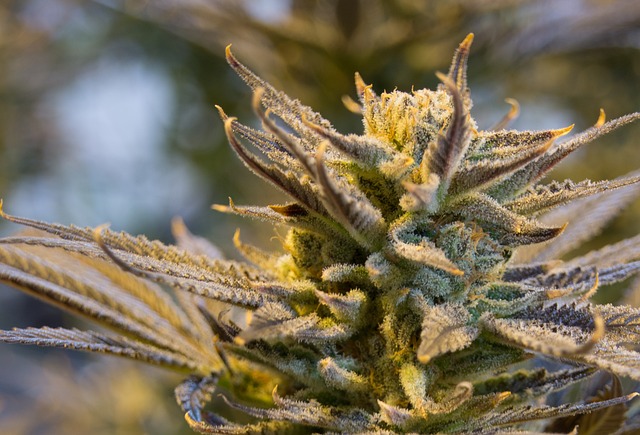
THCa Flower: Your Path to Wellness and Relaxation
In recent years, the interest in cannabis and its derivatives has surged from indacloud.co, with many seeking natural alternatives for wellness and relaxation. Among the various compounds found in cannabis, THCa (tetrahydrocannabinolic acid) has gained attention for its potential benefits. This article explores the properties of THCa flower, its potential health benefits, and how it can be a part of your wellness journey.
Understanding THCa: The Basics
THCa is a non-psychoactive cannabinoid found in raw and live cannabis plants. Unlike THC (tetrahydrocannabinol), which is known for its psychoactive effects, THCa does not produce a “high.” This makes it an appealing option for those looking to experience the therapeutic benefits of cannabis without the mind-altering effects.
How THCa Converts to THC
THCa naturally converts to THC through a process called decarboxylation. This occurs when cannabis is exposed to heat, such as during smoking or cooking. The conversion process is why raw cannabis does not produce psychoactive effects until it is heated.
Potential Health Benefits of THCa
Research into THCa is still in its early stages, but preliminary studies and anecdotal evidence suggest several potential health benefits:
- Anti-inflammatory Properties: THCa may help reduce inflammation, making it a potential option for those with inflammatory conditions like arthritis.
- Neuroprotective Effects: Some studies suggest that THCa may have neuroprotective properties, which could be beneficial for neurodegenerative diseases.
- Anti-emetic Benefits: THCa may help alleviate nausea and vomiting, which can be particularly useful for patients undergoing chemotherapy.
- Appetite Stimulation: Like THC, THCa may help stimulate appetite, offering potential benefits for individuals with appetite loss.
THCa Flower in Wellness Practices
Incorporating THCa flower into wellness routines can be a natural way to enhance relaxation and overall well-being. Here are some ways people are using THCa flower:
Juicing Raw Cannabis
Juicing raw cannabis leaves and flowers is a popular method to consume THCa. This method preserves the non-psychoactive properties of THCa while providing a nutrient-rich beverage. Many users report feeling more energized and balanced after incorporating cannabis juice into their diet.
Topical Applications
THCa-infused topicals, such as creams and balms, are used for localized relief from pain and inflammation. These products allow users to target specific areas without ingesting cannabis.
Capsules and Tinctures
For those who prefer a more controlled dosage, THCa capsules and tinctures offer a convenient option. These products provide a consistent dose of THCa, making it easier to incorporate into daily wellness routines.
Case Studies and User Experiences
Several case studies and user testimonials highlight the potential benefits of THCa flower:
- Case Study 1: A patient with rheumatoid arthritis reported significant pain reduction and improved mobility after incorporating THCa into their treatment plan.
- User Experience: An individual with chronic migraines found relief by using THCa tinctures, noting a decrease in the frequency and intensity of their headaches.
- Case Study 2: A cancer patient undergoing chemotherapy experienced reduced nausea and improved appetite with the use of THCa capsules.
Scientific Research and Statistics
While research on THCa is still developing, some studies provide promising insights:
- A study published in the Journal of Pharmacology found that THCa exhibited anti-inflammatory effects in animal models.
- Research in the British Journal of Pharmacology suggested that THCa might have neuroprotective properties, potentially aiding in the treatment of neurodegenerative diseases.
- Statistics from a survey conducted by the Cannabis Research Institute indicated that 70% of participants using THCa reported positive effects on their overall well-being.
Legal Considerations and Accessibility
The legal status of THCa varies by region, as it is often classified under the same regulations as THC. It’s important for consumers to be aware of local laws and regulations regarding cannabis products. In areas where cannabis is legal, THCa flower can be found in dispensaries and through licensed online retailers.
Conclusion
THCa flower presents a promising option for those seeking natural ways to enhance wellness and relaxation. With its potential anti-inflammatory, neuroprotective, and anti-emetic properties, THCa offers a range of benefits without the psychoactive effects associated with THC. As research continues to unfold, THCa may become an integral part of holistic health practices. Whether through juicing, topicals, or capsules, THCa provides a versatile approach to incorporating cannabis into a wellness routine.